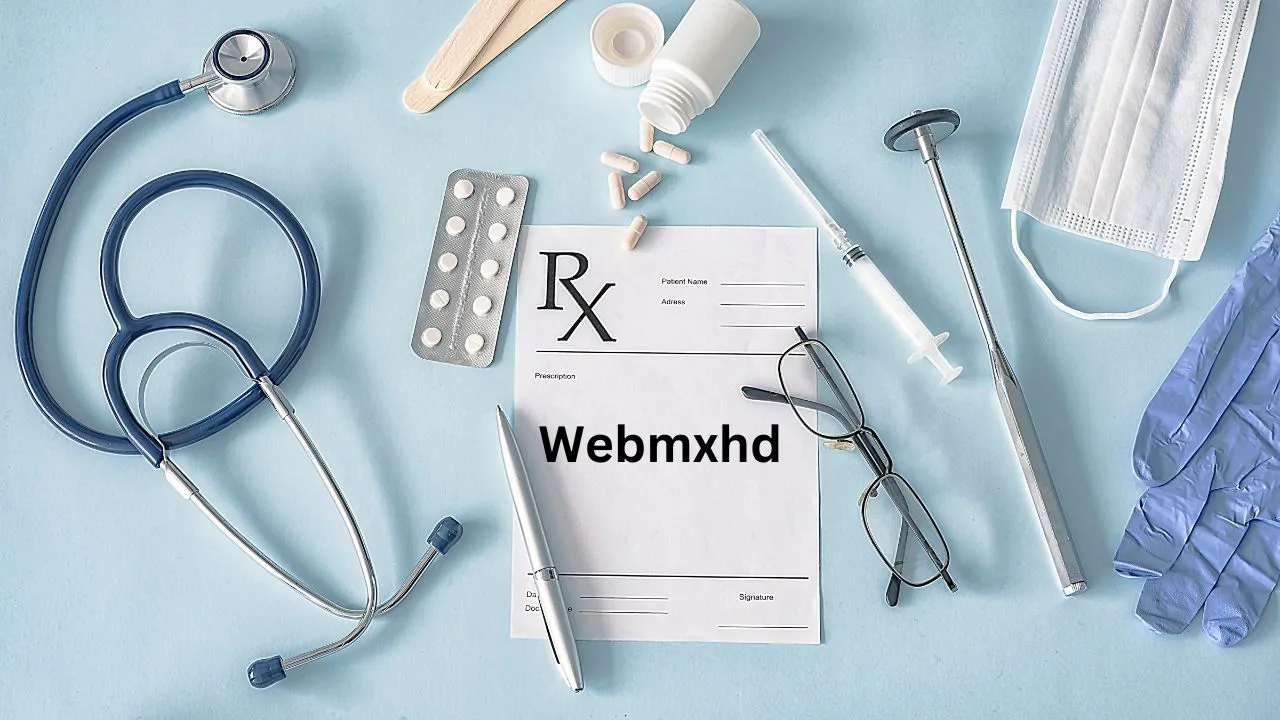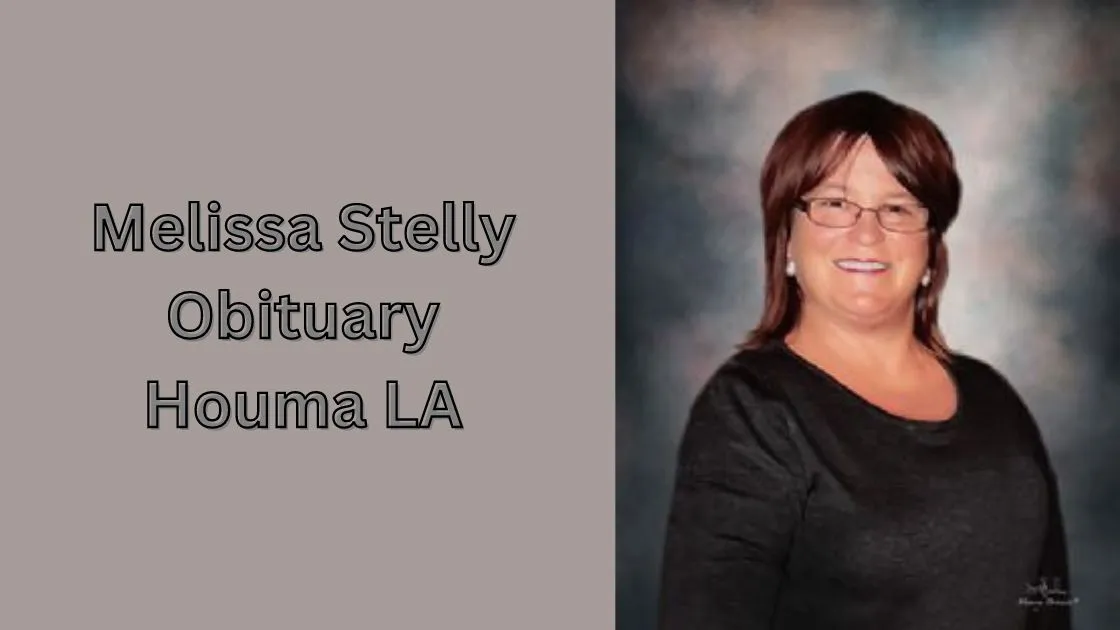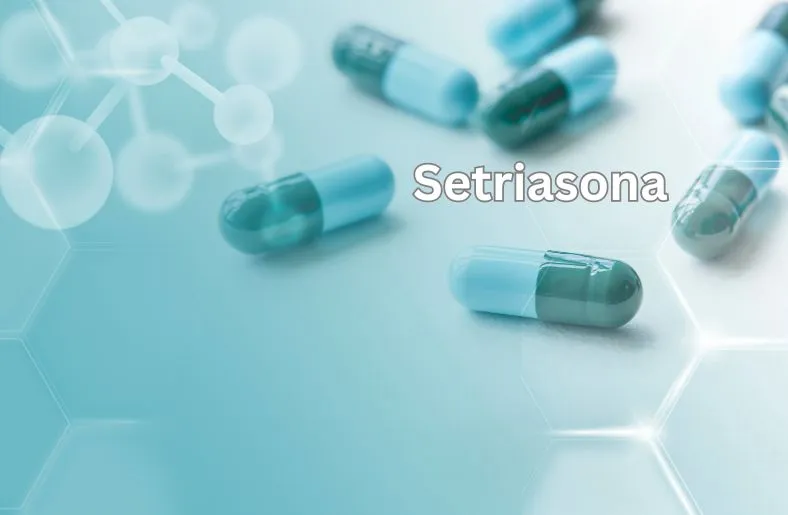Have you ever Googled a strange symptom and ended up on a website called “Webmxhd”? You’re not alone. This mysterious website has left many people scratching their heads, unsure of its legitimacy. Is Webmxhd a hidden gem of health information or just a confusing typo? Buckle up, because we’re about to embark on a journey to unravel the Webmxhd mystery.
Where Did Webmxhd Come From?
Unlike most websites, Webmxhd seems shrouded in secrecy. There’s no information about its creators, launch date, or intended purpose. Searching online forums and social media yields little to no results – it’s like Webmxhd exists in a digital ghost town.
Here’s the plot twist: Webmxhd might not even be a real website. It could simply be a misspelling of the well-known health information resource, WebMD. Typos happen, and sometimes a simple slip of the finger can lead you down an unexpected internet path.
Unpacking the Content: Trustworthy or Trouble?
Let’s say, hypothetically, Webmxhd is a real website. What kind of health information does it offer? Unfortunately, without access to the actual content, we can’t say for sure. However, we can discuss some red flags to watch out for in general health websites.
- Miracle Cures and Unrealistic Promises: Does the website claim to have a magic bullet for every ailment? Be cautious of claims that seem too perfect.
- Missing References and Citations: Reputable health information is backed by scientific evidence. If a website lacks citations, its claims are likely based on shaky ground.
However, if Webmxhd is just a misspelling, it highlights the importance of accurate search terms when looking for health information.
Trustworthy Health Resources:
The internet is flooded with information, some accurate and some misleading. Navigating this information jungle can be tricky, but fear not. Here’s your compass to guide you towards reliable health resources:
- Government Websites: Websites with a “.gov” suffix are generally reliable sources of health information. These websites are often created by government agencies with access to the latest medical research.
- Established Medical Institutions: Look for websites ending in “.edu” – these belong to universities and medical schools with teams of experts dedicated to healthcare research and education.
- Renowned Health Organizations: The World Health Organization (WHO) and major health organizations like the Mayo Clinic offer trustworthy and evidence-based health information.
Remember, not all websites with flashy graphics and catchy headlines are created equal. Always check the source and references before trusting any health information online.
Clickbait and Misinformation:
Imagine you have a mild headache. You search online and get bombarded with headlines like “This One Weird Trick Can Cure Headaches Forever.” These are classic examples of clickbait – sensationalized headlines designed to lure you into clicking, not necessarily providing accurate information.
Critical thinking is essential when navigating online health information. Don’t let scary headlines trick you. Evaluate the source, assess the evidence, and trust your gut.
Why We Search:
Numerous factors lead individuals to seek health information online. Sometimes, it’s simply a matter of convenience – it’s faster to Google a symptom than schedule a doctor’s appointment. Other times, people might be feeling anxious or worried and want to gather more information before seeking professional help.
However, self-diagnosis based on incomplete online information can be misleading and lead to unnecessary worry.
The Power of Professionals:
While the internet can be a valuable resource, it can’t replace the expertise of a doctor. If you’re experiencing any concerning symptoms or have questions about your health, always consult a qualified healthcare professional.
Physicians are equipped to identify and manage various health issues. They offer tailored guidance considering your unique circumstances and medical background.
There are many resources available to help you find a qualified doctor in your area. You can ask your family or friends for recommendations or check with your insurance provider.
The Verdict: Webmxhd – A Mystery Unraveled
So, what’s the verdict on Webmxhd? The answer is, we might never truly know. It could be a real but obscure website, or simply a typo leading you to a familiar territory.
The key takeaway is to be cautious and critical when using online health resources. Always prioritize information from reliable sources like government websites or established medical institutions. Most importantly, remember that doctors are your best allies when it comes to your health.Always feel free to consult a medical professional when necessary.
Empowering Yourself:
By now, you’re well-equipped to identify reliable health resources and avoid misleading information online. But how can you further empower yourself when it comes to your health? Here are some handy tools:
- Understanding Medical Terminology: Don’t be intimidated by medical jargon. Familiarize yourself with basic medical terms. Many online resources explain medical terminology in simple language.
- Learn About Your Body: Having a basic understanding of how your body works can help you interpret symptoms and make informed decisions. There are many user-friendly books and websites dedicated to basic human anatomy and physiology.
- Ask Questions: Don’t be afraid to ask questions during your doctor’s appointments. Understanding your diagnosis and treatment plan is crucial for your healthcare journey.
Keep in mind, being informed is especially empowering when it pertains to your well-being. By actively engaging in health literacy, you can become a more informed and proactive participant in your own well-being.
Sharing is Caring:
The internet can be a valuable tool for health information, but it’s vital to be critical and use it responsibly.Pass on what you’ve learned to your friends and family. Talk to them about the importance of reliable sources and the dangers of misinformation.
Here are some ways to spread the word about health literacy:
- Share this blog post on social media.
- Discuss health information with your loved ones and encourage them to be critical consumers of online health resources.
- Support organizations dedicated to health education and promoting health literacy in your community.
By working together, we can create a more informed and empowered society when it comes to health information.
Conclusion:
The mystery of Webmxhd may remain unsolved, but the journey to health literacy has just begun. This journey empowers you to take control of your health and make informed decisions. Remember:
- Be critical of online health information.
- Prioritize reliable sources like government websites and established medical institutions.
- Don’t hesitate to consult a doctor for any concerning symptoms or health questions.
- Actively engage in health literacy by understanding medical terminology, learning about your body, and asking questions.
- Share your knowledge and spread the word about the importance of responsible online health information consumption.
With these tools in hand, you’re well on your way to a healthier you.





